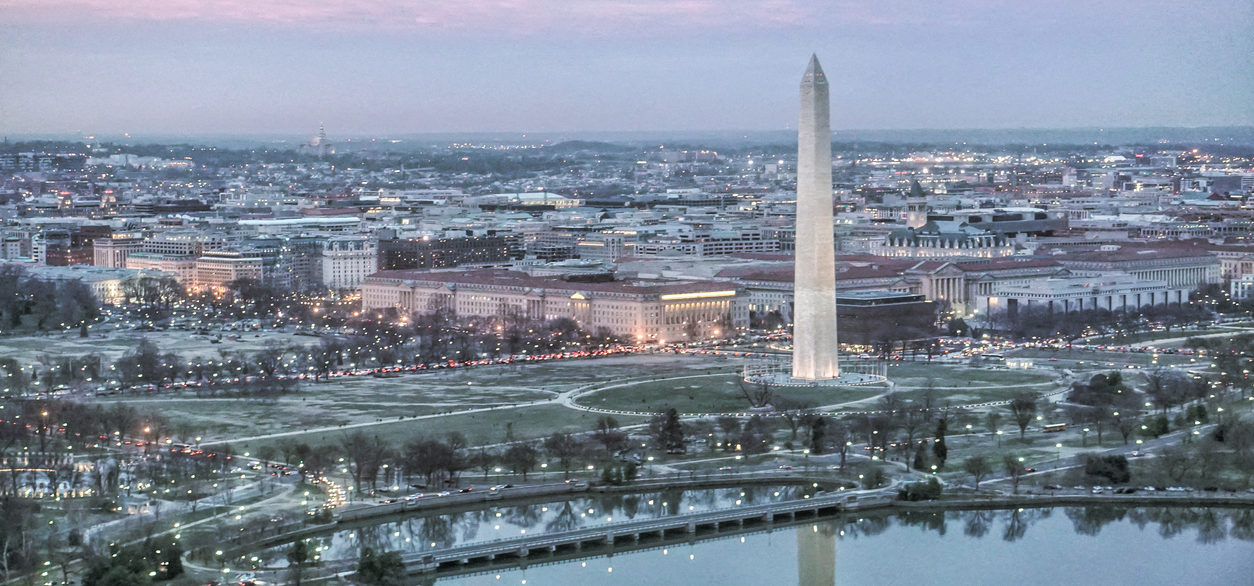
A Public Defender Just Doing His Job
I am watching Mani Golzari of the D.C. Public Defender Service cross-examine a police officer at a probable cause hearing.
Of all the cross-examinations I have either done or seen this past week, Golzari’s is undoubtedly the best. Golzari was a rising superstar when we worked together at the public defender’s office in Philadelphia, and he is even better now. He covers all the right issues efficiently and economically. He is able to pin down the officer. He pushes when he needs to push and he pulls back when he needs to pull back.
A trial advocacy instructor would probably complain about the “okay” he occasionally inserts after an answer but it is clear why he is doing that: He is affirming what the witness says in order to keep him talking. In the end, you have the feeling that he has extracted every possible bit of information on the government’s case. He has locked a key witness into his testimony. And he did all of this while being pleasant and respectful.
And yet, despite all of this, the judge does not respond well to Golzari. Having sat in this courtroom for a week now, interacting with the judge myself and watching her deal with other lawyers, I notice a subtle, almost undetectable difference in the way she treats Golzari. She is still pleasant. But there is an edge to her, the slightest hint of antagonism, as she sustains the prosecutor’s objections against him and then decides to take his client into custody.
And this is the same antagonism I have seen directed at other public defenders, both here in D.C. and in Philadelphia.
You can forgive indigent defendants for feeling a certain antipathy toward public defenders. The feeling of helplessness within the system is exacerbated by their frustration that they cannot choose their own lawyer. This antipathy is further excused by public defenders who are either too busy to remember a client’s name or who somehow feel that the rules of courtroom conduct and attire do not apply to them.
You can also forgive prosecutors a certain degree of antipathy. After all, our entire legal system is based on the pitting of parties against each other to arrive at the best outcome. It is not surprising that feathers are occasionally ruffled.
But it is much harder to understand when the antipathy comes from the court itself.
Everyone benefits when the defense attorney is doing his job. My brother-in-law, a former Assistant U.S. Attorney in D.C., tells me that he and his colleagues used to worry whenever they saw a defense lawyer messing up. After all, they didn’t want a case coming back to them on appeal. They would occasionally step in to help out a defense attorney who was clearly struggling.
If it is in the prosecutor’s interest to have the defendant well-represented by counsel, it is certainly in the court’s interest.
To be fair, I have seen nothing in D.C. that comes anywhere close to the disrespect public defenders were sometimes accorded in Philadelphia. There was, for example, one Philadelphia municipal court judge who couldn’t even bring herself to learn, much less utter, a public defender’s name. It was Mr. Public Defender this or Ms. Public Defender that, always said with a measure of impatience and frustration. This sent a terrible signal to already skeptical clients: Not even the court respects your lawyer.
And, to be fair, some of the disrespect in Philadelphia was occasionally deserved, not because of the lawyers who work at the office, but because of the “horizontal” system of representation that is used there.
At the same time, there is no excuse for antipathy toward a criminal defense lawyer who is simply doing his job.
From what I have seen, the public defenders in D.C. are without exception a first-class group of lawyers. Much smaller than the Philadelphia office, representing roughly 20% of the indigent defendant population as opposed to over 70%, the Public Defender Service in D.C. can be incredibly selective in choosing only the most qualified applicants. It uses a “vertical” system of representation in which the same lawyer sticks with the defendant throughout the entire case.
I watch Golzari smile patiently as the judge sustains another objection against him and proceed with his cross as if he had never been interrupted. Using the same smile when the judge scolds him later, he continues undeterred with argument.
More like this:
Why I Like D.C.’s Public Defender Service
Happy Birthday to Gideon: On the Arrogance of Public Defenders
